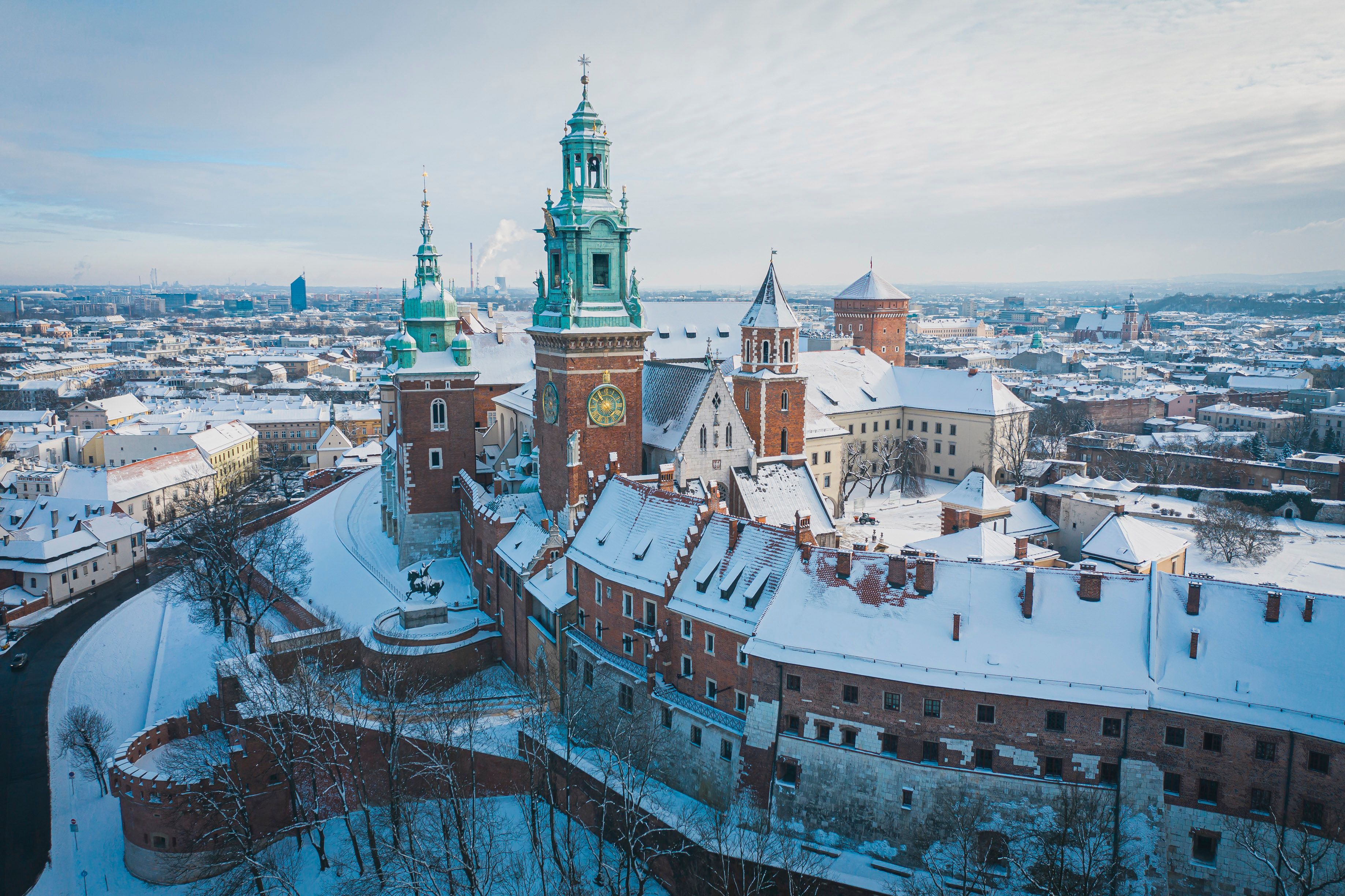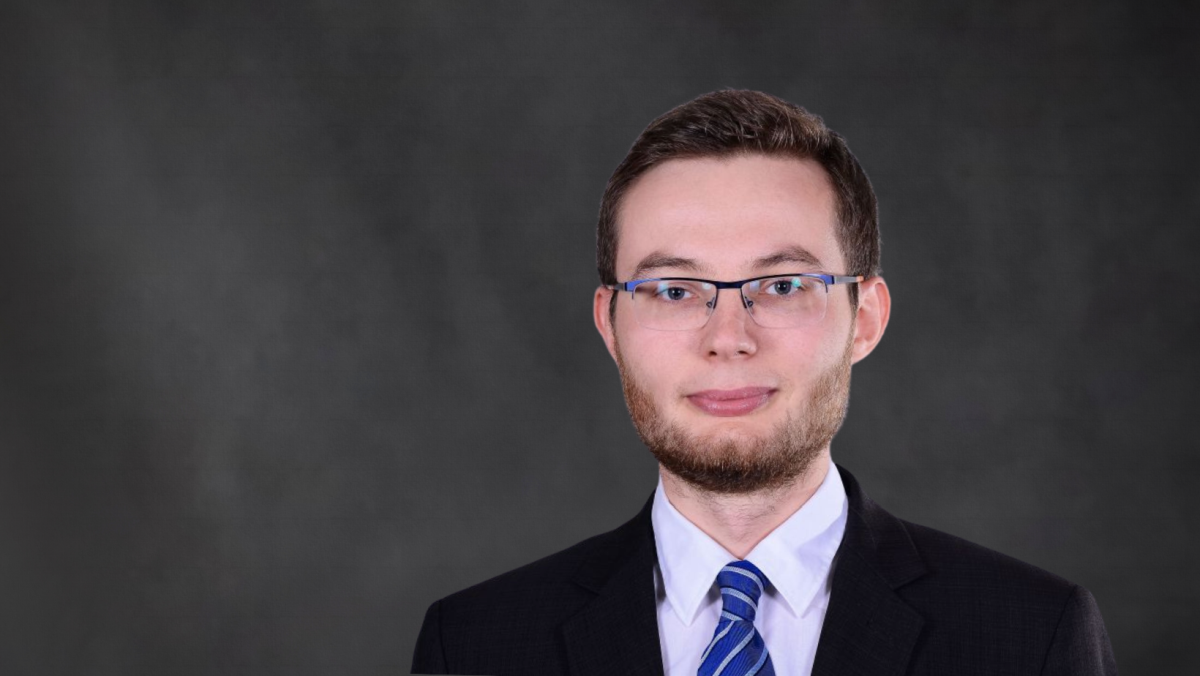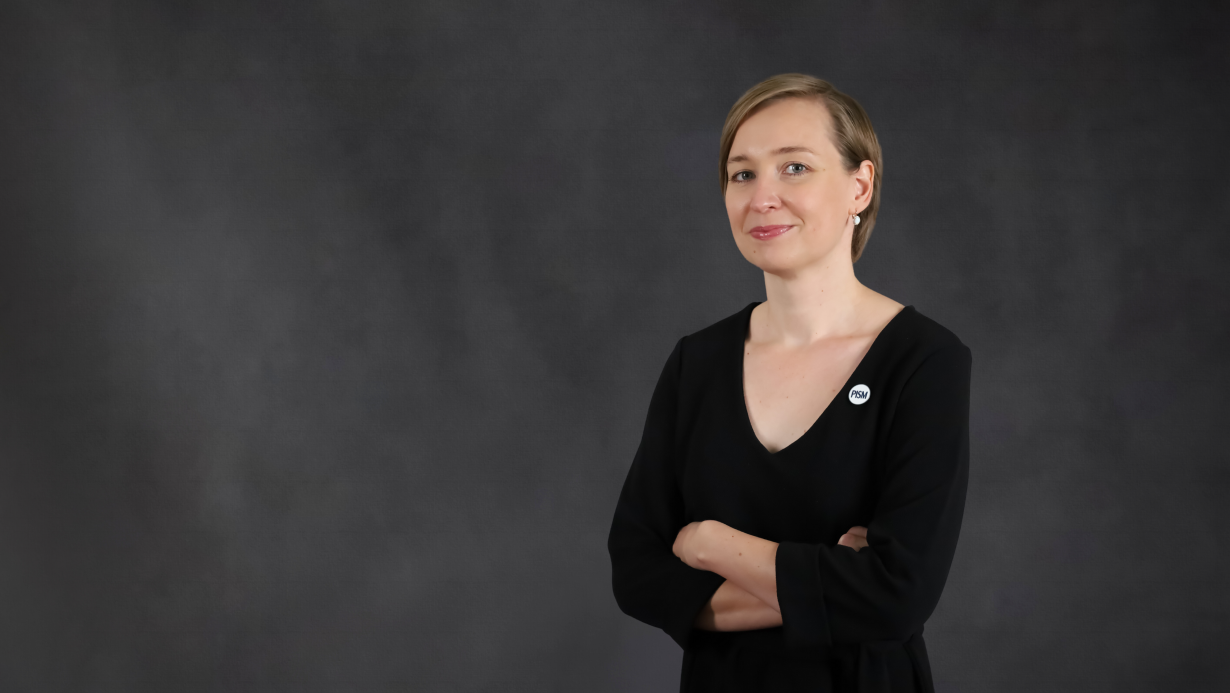
What was the significance of the Kraków V4 summit?
The summit was an attempt to summarise the 30 years of multifaceted cooperation between members of the Visegrad Group and a political confirmation of their will to continue it. The summit, though, was more than a formality—the last time the V4 prime ministers adopted a comprehensive statement broadly defining the group’s goals was five years ago. Since then, the V4 has not maintained unity on several important European policy issues at the core of their activities, for example, approval of the conditionality mechanism (“money for rule of law”) in the new long-term EU budget was backed by Czechia and Slovakia but blocked by Poland and Hungary. The V4 also has been divided on foreign affairs, including policy towards the EU’s eastern neighbourhood. Therefore, the summit succeeded in at least the adoption of a declaration in which the V4 not only did not give up any existing areas of cooperation but also named new ones, for example, fighting the effects of the COVID-19 pandemic.
What does the presence of the European Council president at the V4 summit mean?
Michel’s participation in the summit symbolised the European dimension of Visegrad cooperation, and in the practical sphere it was an opportunity for consultations before next week’s European Council online summit. The talks were dominated by the topic of vaccinations in the EU, on which the V4 countries vary in their approach. Hungary is seeking to import some vaccines, for example, from Russia, despite the lack of approval of the products by the European Medicines Agency. Czechia and Slovakia are considering such a step but Poland is not. A discussion about the integration between Eastern Partnership countries and the EU before Michel’s visit to Georgia and Ukraine scheduled for next week indicates an increased sensitivity in the EU to consult eastern affairs after the fiasco of the visit to Russia by the High Representative of the European Union for Foreign Affairs and Security Policy Josep Borrell.
What directions of V4 development does the Anniversary Declaration set?
The Visegrad members emphasised that collaboration will take place, like before, in areas of common interest. That is why they cautiously formulated joint actions: the declaration contains postulates, but without any gradation of importance. Most of the plans concern cooperation on EU policy, including the deepening of the EU single market, both its social and economic aspects, and the green transition of economies. However, the proposals do not go beyond the goals formulated at the EU level. What is new in comparison with the previous declarations of the prime ministers is the link between the goals of the V4 and the Three Seas Initiative (TSI) in infrastructure development, as well as the intention to cooperate closely in the fight against the pandemic and its consequences, and to coordinate the crisis-response capacity of the V4 countries. They also are willing to increase the annual budget of the International Visegrad Fund from €8 million to €10 million.
What ambitions are reflected in the joint Digital Declaration?
The adoption of the Joint Declaration on Mutual Cooperation in Digital Projects is an attempt to clarify the content of the Warsaw Declaration of 2017. Although the Digital Declaration, as it was written, “does not create any rights or obligations under international law and is not legally enforceable”, it assumes a mechanism of consultations on digital affairs. It also responds to the growing importance of the digital transformation in the EU. The conclusions of the European Council of 1 October 2020 recommended that at least 20% of the Recovery and Resilience Facility should be allocated for this purpose. The declaration also recognises the importance of 5G, despite the different approach between the V4 countries to the expansion of their networks. The gaming industry, which has thrived during the pandemic as people are on lockdown and was discussed in the panel concluding the summit of prime ministers, may supplement Visegrad cooperation.





